Rakshabandhan 2025: Celebrating the Eternal Bond of Protection and Love
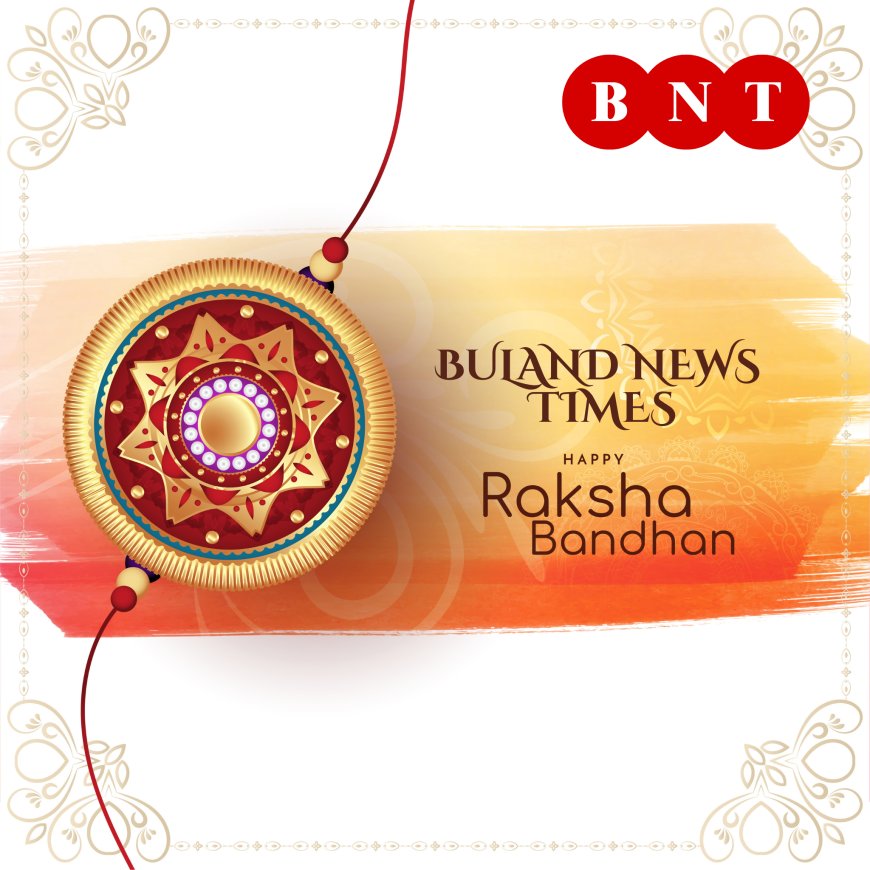
Rakshabandhan: The Sacred Bond of Protection and Love
Rakshabandhan, often called Rakhi, is among India’s most cherished and widely celebrated festivals, symbolizing the sacred bond between brothers and sisters. Observed on the full moon day of the Hindu month of Shravana (usually falling in July or August), the festival revolves around a simple yet profoundly meaningful ritual: a sister ties a decorative thread (rakhi) around her brother’s wrist, offers prayers for his well-being, and applies a tilak (mark) on his forehead; in return, the brother pledges to protect his sister and stand by her through life’s vicissitudes.
The historical origins of Rakshabandhan can be traced back to several ancient sources, including Vedic scriptures and Puranic tales. Some historians suggest that the festival began as a Vedic ritual in which tribes intermarried and exchanged protective threads as tokens of peace and alliance. Others link its inception to a practice among Kshatriya warriors, who received sacred threads from Brahmin women before heading into battle, symbolizing divine protection.
Mythological narratives further enrich Rakshabandhan’s tapestry. One of the most enduring legends involves Draupadi and Lord Krishna from the Mahabharata. When Krishna accidentally cut his finger and Draupadi rushed to bind it with her sari, he touched the end of her cloth and vowed to protect her in return; years later, he honored this promise by intervening on her behalf when her honor was at stake.
The ritualistic components of Rakshabandhan add layers of symbolism to the festival. Sisters prepare a thali containing the rakhi, kumkum, chawal, sweets, and a lit diya. After applying tilak and tying the rakhi, sweets are exchanged and brothers offer gifts as a token of love and promise.
India’s regional diversity adds color to the celebrations—from “rakhiri” in Maharashtra to “phonta” in Bengal and “rakshasutra” in South India, every state has its own charm. These traditions reflect unity in diversity, the heart of Indian culture.
Modern celebrations include virtual rakhi ties, e-commerce deliveries, and even eco-friendly plantable rakhis. Corporates, NGOs, and schools use Rakshabandhan to spread messages of unity, protection, and gender equality.
Warmest wishes to every brother and sister across India—Happy Rakshabandhan from Buland News Times!
/newsnation/media/media_files/thumbnails/202507173455510-493862.jpg)

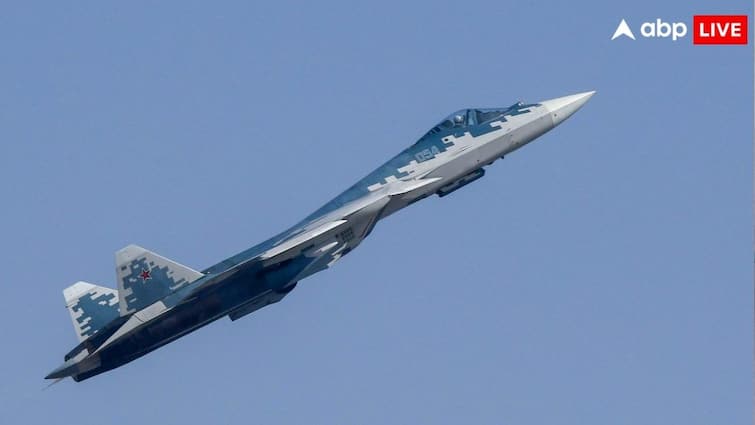
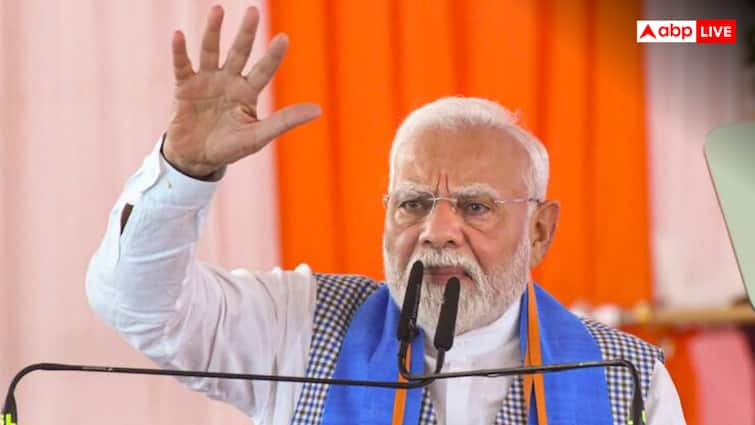
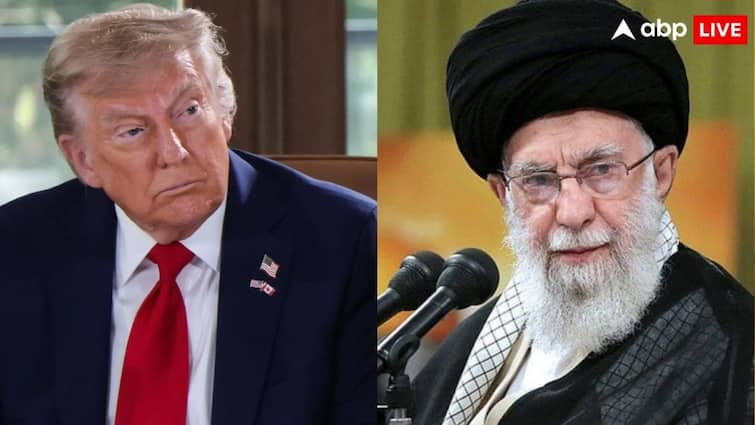
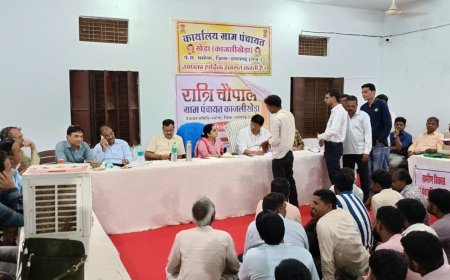

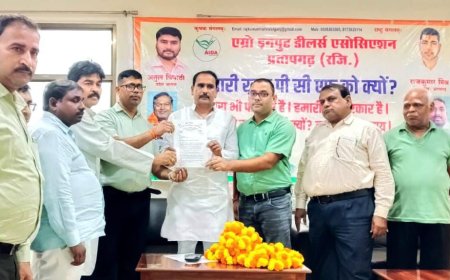

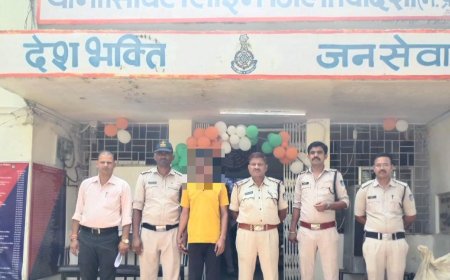
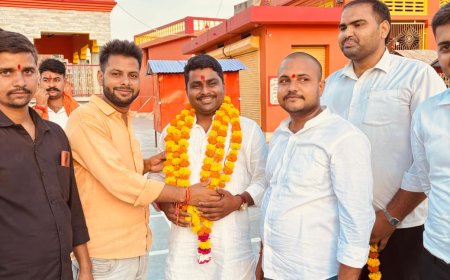
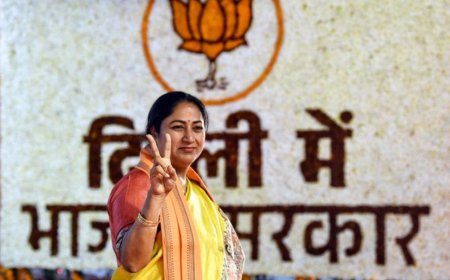
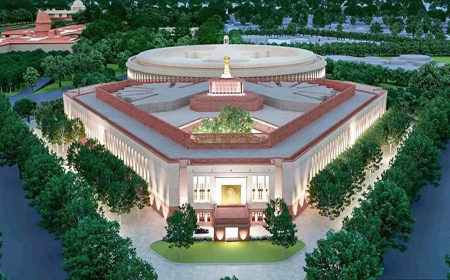


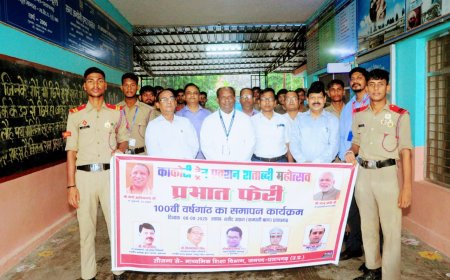
/newsnation/media/media_files/2025/07/17/ajay-devgn-is-called-biggest-shiva-devotee-in-bollywood-know-reason-behind-it-2025-07-17-18-18-09.jpg)
/newsnation/media/media_files/2025/07/17/amitabh-bachchan-tweeted-again-users-asked-question-about-rekha-after-seeing-2025-07-17-18-47-38.jpg)
/newsnation/media/media_files/2025/07/17/my-vagina-my-words-richa-chadha-shuts-mouth-of-trollers-after-being-trolled-on-social-media-2025-07-17-19-16-55.jpg)
/newsnation/media/media_files/2025/07/17/ind-vs-eng-4th-test-playing-11-2025-07-17-20-50-08.jpg)
/newsnation/media/media_files/thumbnails/202507173455269-831679.jpg)
/newsnation/media/media_files/2025/07/17/manchester-cricket-ground-pitch-report-2025-07-17-18-48-12.jpg)

/newsnation/media/media_files/2025/07/07/dubai-golden-visa-rules-2025-07-07-14-54-41.jpg)
/newsnation/media/media_files/thumbnails/202507173455417-422746.jpg)
/newsnation/media/media_files/2025/07/12/priya-nair-becomes-ceo-of-hul-for-the-first-time-2025-07-12-15-05-59.png)
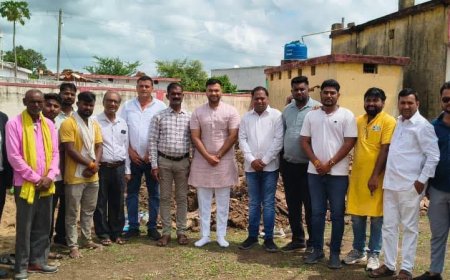


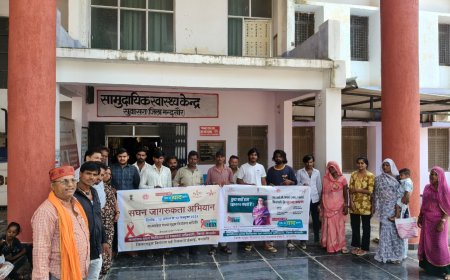


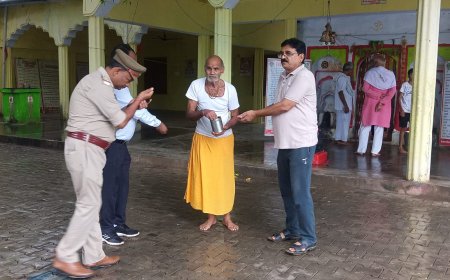
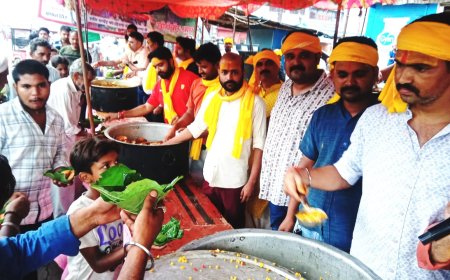
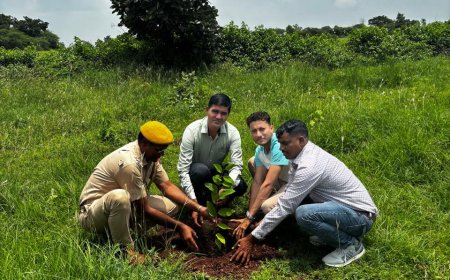
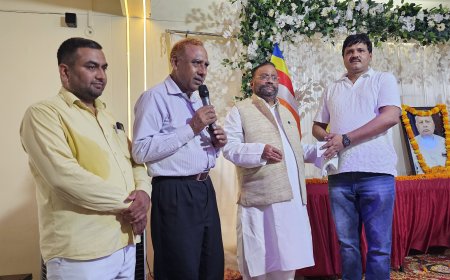





.jpeg)

